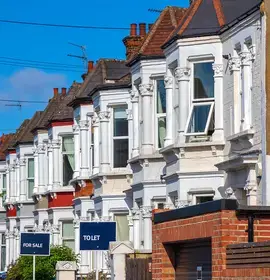
Stay up to date on all the latest legal developments with our regularly published articles and updates. As with everything we do, we aim to explain how any changes in the law could affect you, your family or your business in the simplest way possible. If you would like to discuss any of our articles further, please do not hesitate to get in touch.

|
Remote witnessing of wills...
Remote witnessing of wills
With the emergence of Covid-19, and the nationwide lockdown that ensued, it…

| Russell Davies
Residential Possession Claims
Following the recent changes implemented to the possession claims process (as a result of COVID-19), the…
|
Lasting Powers of Attorney
During the Covid-19 outbreak, Smith Partnership have still been very much operational and we are proud to have…
| Russell Davies
The impact of COVID-19 on Business Interruption Insurance claims
The outbreak and impact of COVID-19 is one of the most significant pandemics that the UK and world at large has…
|
Tax Exemptions For Emergency Services
In the current climate, it is comforting that the Government has acknowledged the sacrifices that…

| Russell Davies
Debenhams Files For Administration Following COVID-19 Impact
It has been reported that Debenhams, the major high street retailer, has filed for administration following the…
















